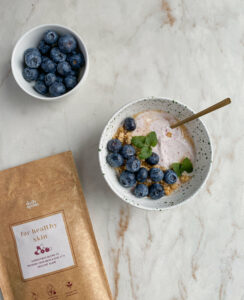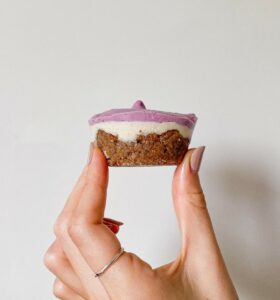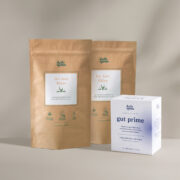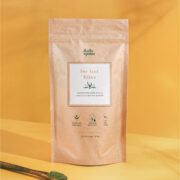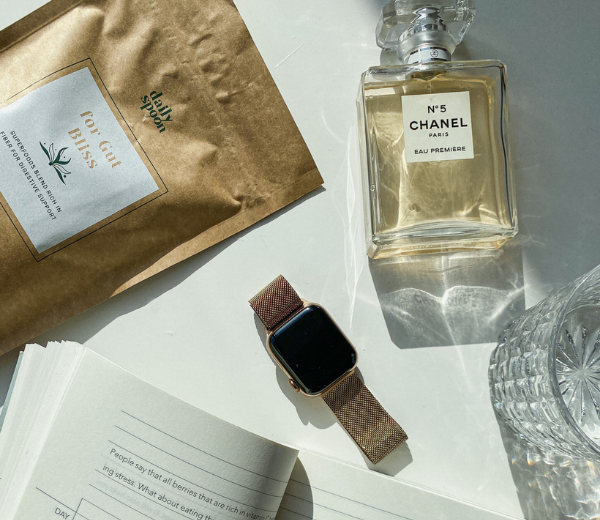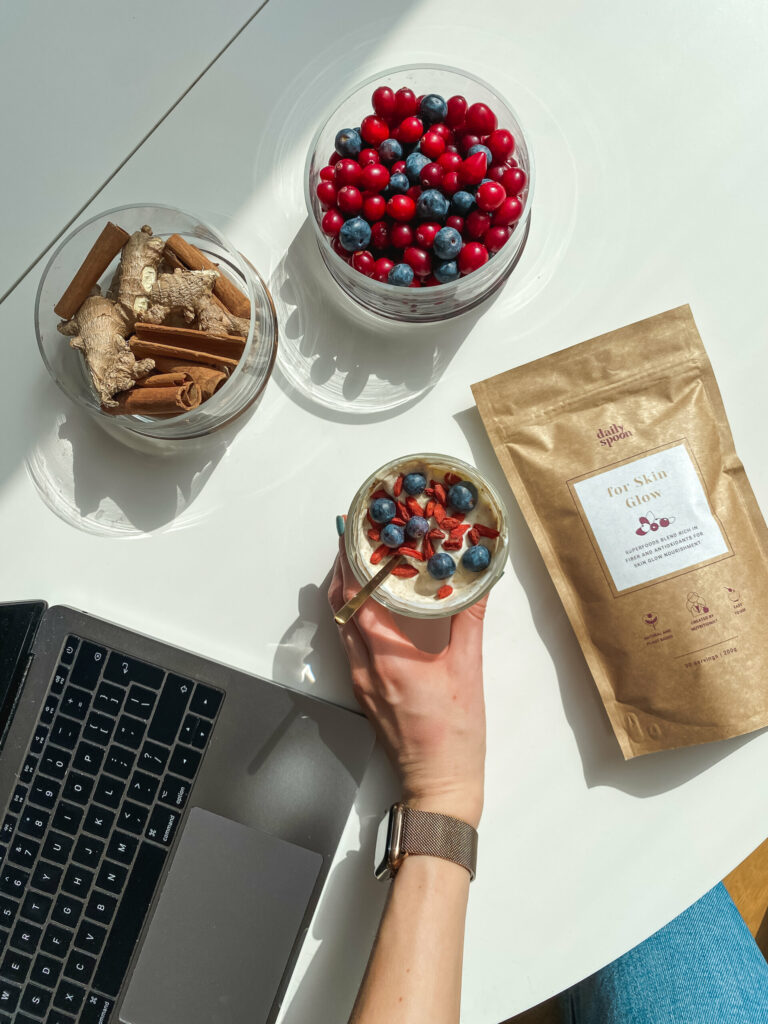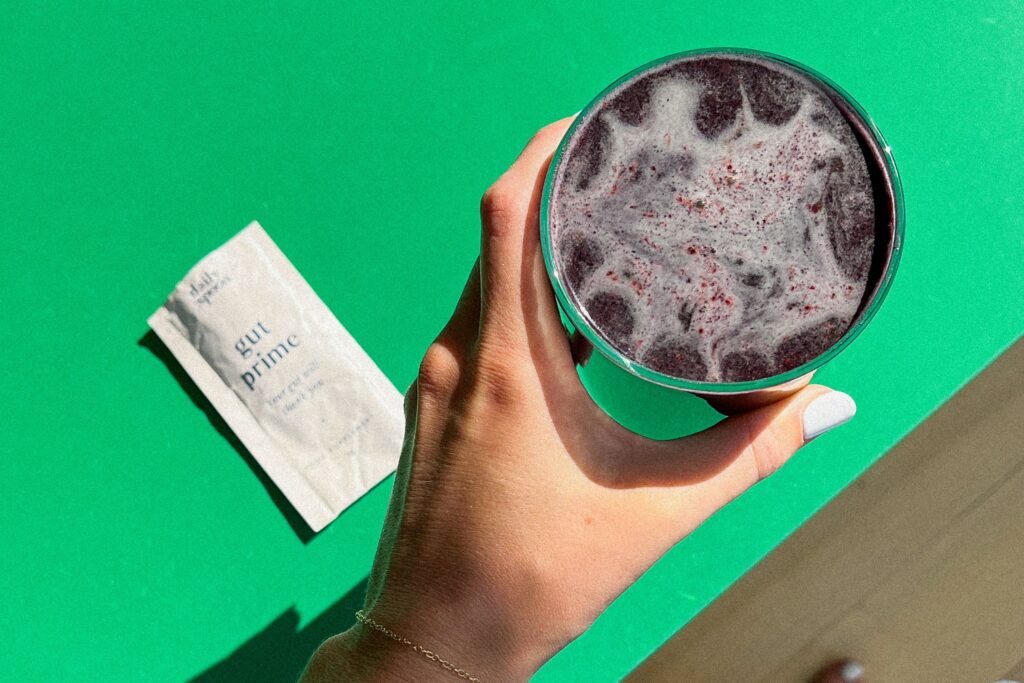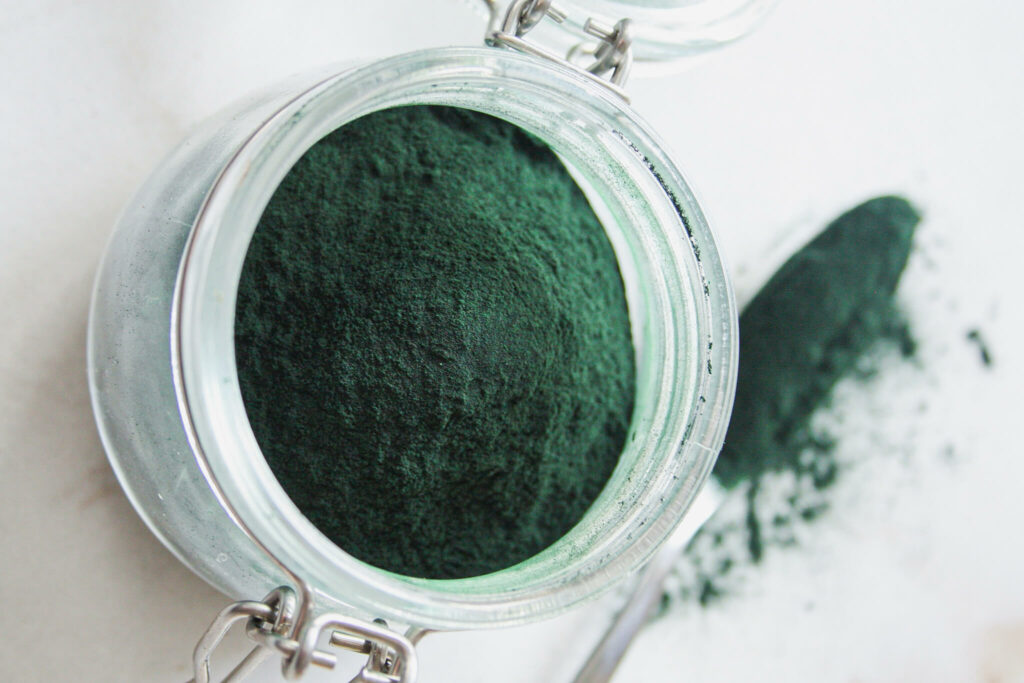Bloating is one of the most unpleasant problems in everyday life. It is a frustrating feeling of tightness and fullness in the abdomen. This is accompanied by severe discomfort, increased abdominal volume, scratching and pain.
Flatulence can also come on very suddenly. There’s probably not a single person who hasn’t experienced the unpleasant symptoms of flatulence at the most inconvenient time – for example, at an important party, at work or even on a date.
Most importantly, although up to 18% of the world’s population experiences bloating at least once a week, and bloating in general is considered a serious problem, very few people go to their doctor or look for ways to feel better.
Most importantly, up to 18% of the world’s population has intestinal gas at least once a week, and overall bloating is generally considered to be a serious problem, people rarely seek medical help or look for ways to make themselves feel better.
So, what are the most common causes of bloating and how can you reduce bloating easily and without much hassle?
Causes of bloating
Persistent bloating does not usually have a specific cause. This means that gas build-up can have very complex causes. They are usually related to eating habits as well as chronic diseases or inflammatory processes in the bowel.
For example, bloating in women is not necessarily the result of a poor diet, but can be a sign of an upcoming or current menstrual cycle or pregnancy. As far as common causes of bloating are concerned, there are even some common ones.
Inappropriate products or inadequate diet
Usually, when consuming different foods, people do not take into account the impact they have on their gut and digestion. There are many foods that, when consumed, can cause severe flatulence.
Products most likely to cause bloating:
- fizzy drinks
- cabbage
- broccoli
- asparagus
- grain products
- beans, peas
- chewing gum.
If you are lactose intolerant, you may also experience gas after eating certain dairy products. If you are gluten intolerant, you may experience bloating after eating certain baked goods or pasta.
To understand why you’re experiencing persistent bloating, it’s a good idea to monitor your diet for at least a few weeks and keep an eye on the foods that cause unpleasant symptoms.
Swallowing too much air while chewing or drinking
Although everyone knows how to eat and chew, and some air enters the gastrointestinal tract during eating anyway, which is unavoidable, it is important to learn how to eat and chew correctly.
Bloating usually occurs when we eat in a hurry, engage in distracting activities, laugh, talk and chew food incompletely during meals. Avoiding these and concentrating on enjoying the eating process can reduce the amount of air swallowed and passed through the intestines.
Certain digestive disorders or parasites that cause bloating
Various digestive disorders, such as intestinal infections, diseases, inflammatory processes in the digestive tract, or even the very common irritable bowel syndrome, may contribute to the discomfort felt in the gut.
Rotavirus infections, salmonellosis, pancreatitis and other similar conditions add to the list of bloating disorders.
Bloating and pain are often caused by an imbalance in the gut microflora.
The latter can occur when taking antibiotics or under stress. Imbalances in the microflora can also occur if the diet does not provide enough probiotics (live microorganisms that help digestion) and prebiotics (nutrients that help maintain a healthy bacterial environment).
In general, bloating due to an imbalance in the microflora means that when the bacteria in the gut are out of balance, the body is unable to fully digest the food that enters it, so it produces a lot of gas when it digests the food. Digestion then slows down. This is why it is often possible to feel very heavy, bloated and uncomfortably gassy after eating.
These are some of the most common causes of bloating. However, only your doctor can tell you which is the real one and which is relevant to you.
Of course, even if you don’t suspect food intolerances, allergies, irregular eating patterns or intestinal diseases after consulting your doctor, and you want to further improve your digestion, you can still look for affordable ways to take care of your intestinal microflora.
Usually, it can be homemade recipes for bloating that can help solve the problem of how to relieve bloating, and maybe even get rid of it for good.
Probiotics, prebiotics and other bloating remedies can also help.
Traditional remedies for bloating, widely used by everyone
To stop suffering from bloating and pain, it is important to first find out what the causes of bloating are. However, without suspecting anything serious, many people successfully relieve flatulence with home remedies.
If you suffer from flatulence, it is enough to take care of the intestinal microflora by pampering it and reducing its imbalances. What are these?

Increase physical activity
As well as improving your general physical wellbeing, being more active can help to improve digestion and reduce frequent bloating. Physical activity helps to remove gases that build up in the body more easily.
Most importantly, you don’t have to start running marathons to increase your physical activity. Walk more and more regularly, take up swimming, yoga or any other activity you enjoy.
Warm and massage the abdominal area
Massaging your stomach seems like a natural thing to do, but many people forget to do it. Massaging the abdomen with your hands in a clockwise direction helps to relax the muscles, loosen the bowels and expel any gas that has built up.
Abdominal warming (a hot bath is ideal) has a similar function.
Adjust your diet and drink teas
Even simple methods such as taking care of your diet and enjoying teas are enough to get rid of abdominal discomfort.
Monitor your diet and find out which foods contribute to gas build-up. If you feel bloated and have increased gas build-up, an anti-bloating tea may also help.
One of the most popular teas to drink when you’re feeling bloated:
- wormwood
- peppermint
- camomile
- imbiero.
Wormwood is known to be not only an excellent tea for relieving symptoms of bloating, but also for eliminating parasites that may be causing bloating.
If wormwood tea tastes too bitter and unpleasant for you, you can also drink teas such as peppermint, chamomile and ginger, which are anti-inflammatory and relieve intestinal spasms.

A ritual for a thriving gut microbiota and perfect digestion
While there are plenty of ways to take care of your gut using traditional methods, for even more effective results, regular use of the Daily Spoon’s Gut Prime ritual of good bacteria can help give your gut back the feeling of lightness it’s been craving.
With a mildly refreshing blueberry and green tea flavour, the daily Gut Prime ritual is rich in vital bacteria that help nourish both the gut and the skin.
- there are up to 2 billion good bacteria in the carefully balanced blend;
- rich in amino acids;
- prebiotics from the heartwood of European larch trees;
- and quercetin from the flowers of Japanese sophora.
Those who have tried Daily Spoon Gut Prime confidently share that already in the first days of the ritual, bloating, uncontrolled gas and reflux have been reduced. Also, as the condition of the skin is directly linked to the intestinal function, the supplement has also improved the condition of the skin of the body and the general well-being.
So if you too suffer from uncomfortable abdominal cramps, discomfort and bloating that prevent you from enjoying your daily activities, don’t give up. Try Daily Spoon’s special Gut Prime blend, which is a consumer favourite and is packed with ingredients from nature itself. Finally give your gut a break and experience how much everyday joy a healthy gut means.
Sources:



